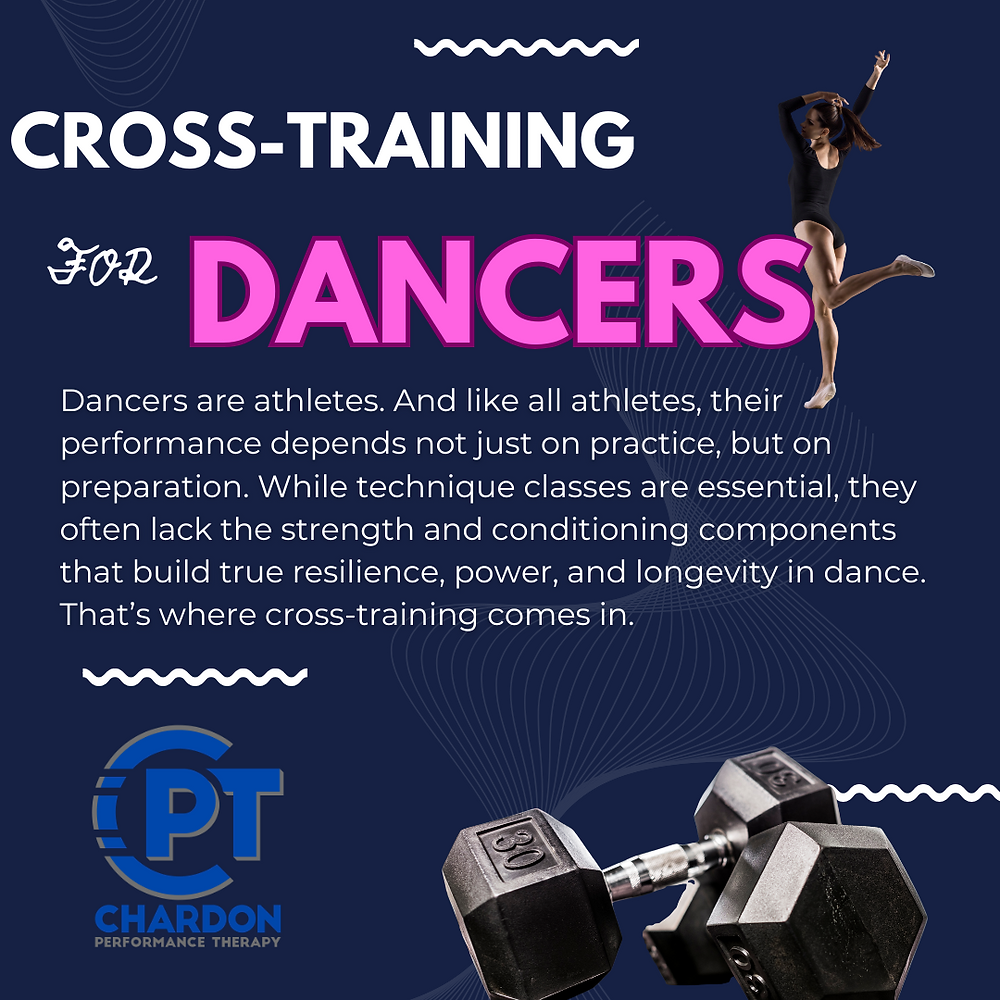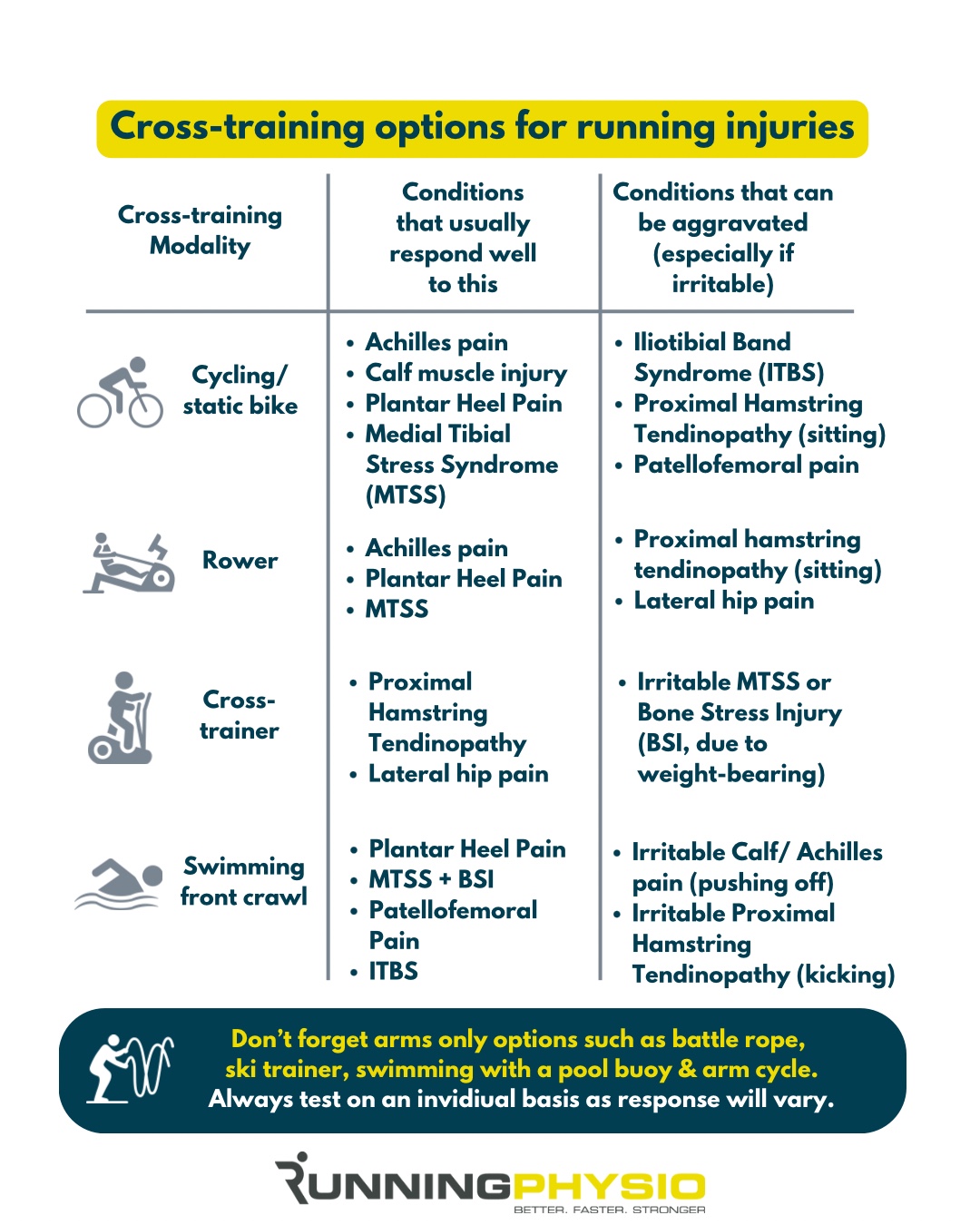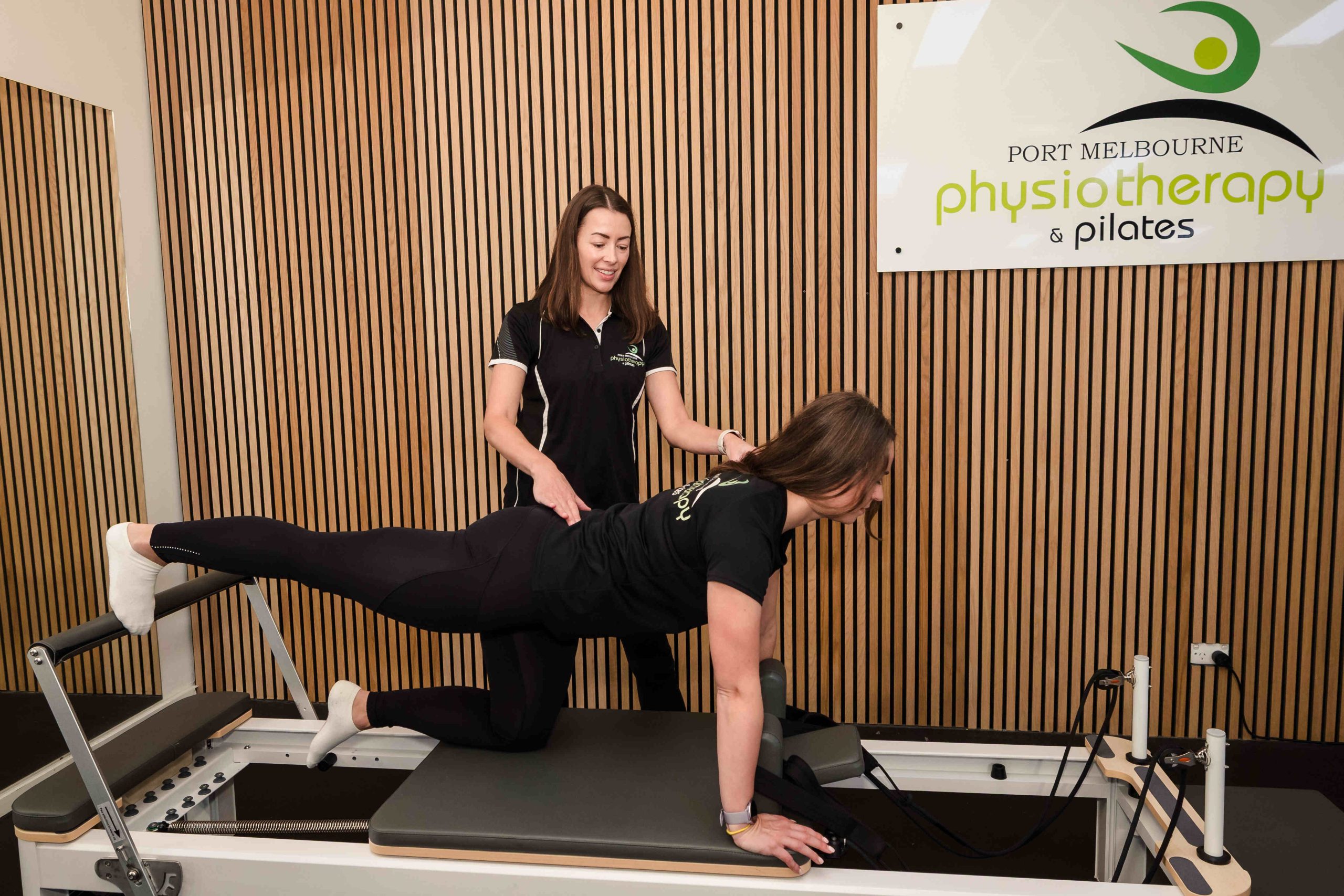Standing at the start line of your first half-marathon healthy, and ready to perform your best, takes months of consistent training and listening to your body. To successfully train for a half marathon, you must prioritize consistent running, increase mileage gradually, incorporate strength training and cross-training, and pay attention to nutrition and hydration. Here are some tips for mastering the essentials of training for your first half-marathon and some pitfalls for new runners.
1. Build a Solid Base
- Start Gradually: If you’re new to running, start with shorter distances and slowly increase your mileage by 5% a week. Newer runners may start at 10-15 miles per week and peak at 25-30 miles. More experienced runners may start at 25 miles per week and peak at over 40 miles.
- Consistency is Key: Aim for 3-4 runs per week, including a long run, a tempo run, and an easy recovery run.
- Listen to Your Body: Don’t push through pain or fatigue. Rest and recovery are crucial for preventing injuries.
2. Long Runs
- Gradually Increase Distance: The most important aspects of your weekly long run will be keeping it at a conversational pace and increasing distance gradually to build up your running tolerance.
- Aim for 9-11 Miles: Beginners should plan to complete a few runs at 10-12 miles to prepare for the race distance. Knowing the course’s terrain helps simulate it as close as possible.
- Practice Fueling and Hydration: Experiment with different fuels and hydration during your long runs to find what works best. This might take some practice to get it right.
3. Strength and Cross-Training
- Incorporate Strength Training: Strengthen your core, legs, and back to improve running efficiency and prevent injuries.
- Consider Cross Training: Incorporate activities like swimming, cycling, or yoga to provide a break from running and improve overall fitness.
4. Nutrition and Hydration
- Fuel to Support Training: Eat a balanced diet with plenty of carbohydrates, protein, and healthy fats to support training/recovery.
- Stay Hydrated: Drink adequate fluids throughout the day, especially before, during, and after runs.
- Experiment with Fueling: Practice using energy gels and/or sports drinks offered on the course on long runs to ensure your stomach tolerates the available options.
5. Gear
- Choose Comfortable Running Shoes: Make sure your shoes are running-specific and fit well.
- Wear Appropriate Clothing: Choose technical-type clothing to be comfortable and stay cool and dry.
- Practice with Race Gear: On race day, ear the same shoes, socks, and other gear you plan to wear during your long training runs.
6. Tapering
- Reduce Mileage: In the 2-3 weeks before the race, reduce your weekly mileage to allow your body to recover and be fresh for race day. Resist the temptation to push the intensity and embrace the tamper crazies.
- Focus on Rest and Recovery: Prioritize extra rest and recovery! Get a massage, wear compression boots, or do anything else that will help to promote recovery and relaxation.
- Take Rest Days: Rest days are just as important as training days.
7. Race Day Strategy
- Nothing New Race Day: Trust your preparation and your long run training. Today is not the day to try a new pair of shoes, breakfast treat, or singlet. Stick to your tried-and-true routine.
- Pace Yourself: Find the coral that best matches your predicted pace. Finding a pacer leader in your corral is great way to prevent starting too fast or getting caught up in the start line.
- Know the Course: Where are the hill sections, flats, hydration, and port-o-potty stops
- Stay Hydrated and Fueled: Follow the fueling and hydration plan you have practiced for your race day.
- Enjoy the Experience: Appreciate your body’s performance, keep steady, and be strong when you see the finish line.
I hope these tips help you get to the start line healthy and ready to take the course confidently. I fondly remember my first half marathon jitters and celebrations. I wish you the same running joy. Remember to trust your training and listen to your body.
If you’re experiencing muscle aches and pains that are keeping you from hitting your weekly mileage or pacing goals, it may be time to schedule a free assessment with one of our endurance-trained physical therapists to help address the lingering issues and get you back on the road.
*Per federal guidelines, beneficiaries of plans such as Medicare, Medicaid, Tricare, VHA and other federally funded plans are not eligible for free assessments.
The Athletico blog is an educational resource written by Athletico employees. Athletico bloggers are licensed professionals who abide by the code of ethics outlined by their respective professional associations. The content published in blog posts represents the opinion of the individual author based on their expertise and experience. The content provided in this blog is for informational purposes only, does not constitute medical advice and should not be relied on for making personal health decisions.











